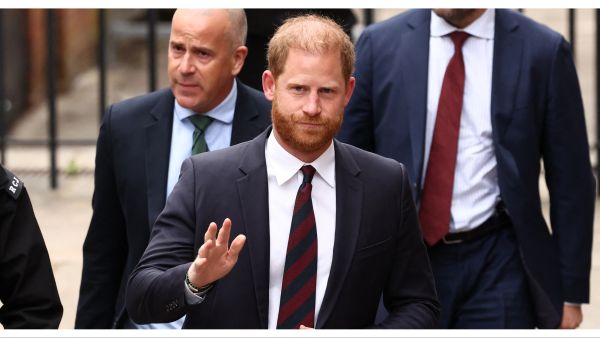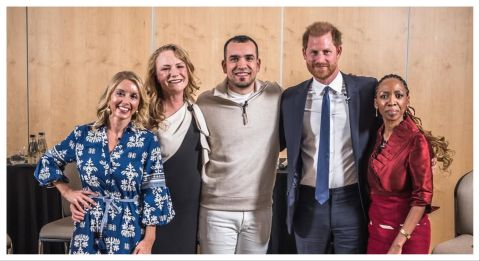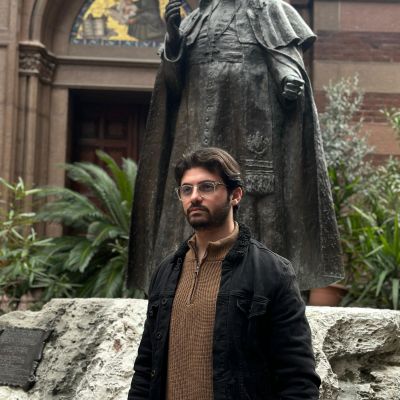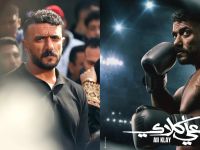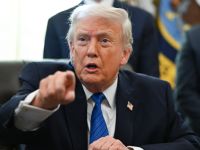ALBAWABA - A government lawyer told the Court of Appeal that Prince Harry's decision to leave his life as a working royal created a "unique set of circumstances."
After he stepped aside in early 2020, Sir James Eadie KC stated that it was appropriate to have a flexible stance about the degree of personal security he should be granted.
When he travels to the UK, the Duke of Sussex is requesting that three justices reverse a ruling that reduces the level of police protection he receives at taxpayer's expense.
The duke's life was "at stake," according to his lawyer, and he was given a security procedure that he is aware "is manifestly inferior in every respect."
When Prince Harry appeared in court on the second day of the hearing, a throng of photographers and spectators had already gathered. Before he entered the court building, he gave reporters a wave.
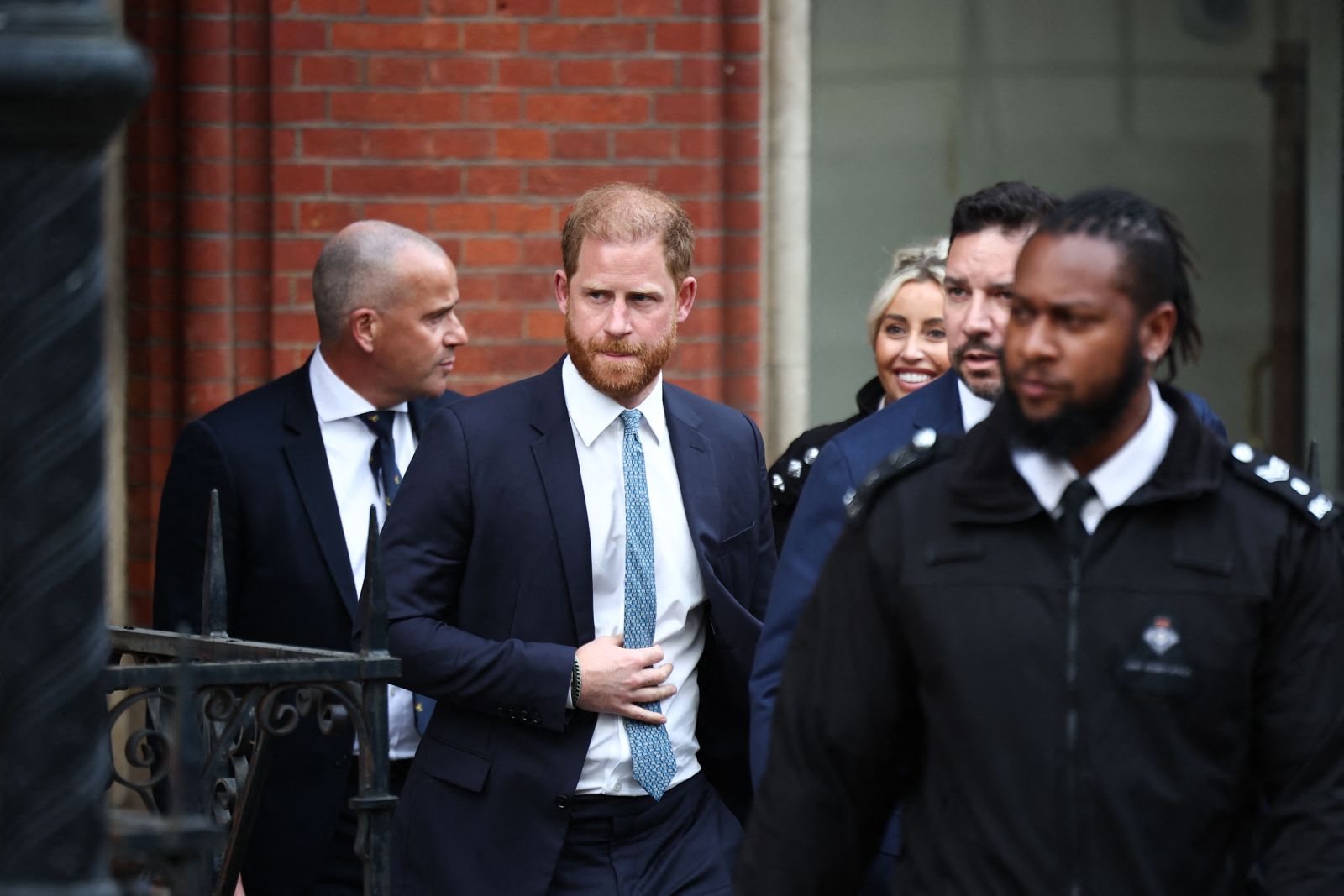
Britain's Prince Harry, Duke of Sussex (Photo by HENRY NICHOLLS / AFP)
The duke sat in the same chair as on Tuesday, beside his counsel, taking notes now and then as Sir James outlined the government's stance.
Sir James informed the court that "royal prerogative"—rather than legal requirements—governed the Royal and VIP Executive Committee (Ravec), which determines security levels.
He claimed that Sir Richard Mottram, its chair, had been in control for almost ten years and was "front line responsible" if Ravec made a mistake.
He told the court that "it's difficult to imagine a decision maker better placed to form his view" because he was a senior civil servant with experience managing national security.
Although Ravec had "terms of reference" for determining security measures, "nothing to suggest they were designed to operate rigidly and not flexibly" was evident.
Prince Harry decided to reside overseas and avoid public engagements, in contrast to the majority of the senior royal family.
He had previously said that his family's safety after moving to California in 2020 was the main focus of the lawsuit.
Sir James said this decision was unique and that the committee was right to assess it on its own.
He stated that "to make nuanced judgments about security protection, bringing all of their expertise to bear, including making decisions about unusual cases and what process should most appropriately be followed" was the main goal of the committee's members and advisors.
He subsequently stated that "nothing was excluded or shut down in the future" and that the choice regarding Prince Harry's security was "considered with care," including carrying out a risk assessment.
"There is a person sitting behind me whose safety, whose security, and whose life is at stake," Shaheed Fatima KC said in closing remarks, referring to the duke who was seated two rows behind her.
"There is a person sitting behind me who has been told that he is getting a special, bespoke process when he knows and has experienced one that is manifestly inferior in every respect."
"His presence here, and throughout this appeal, is a potent illustration, were one needed, of how much this appeal means to him and his family," she stated.
The Home Office is contesting the appeal on its behalf since it is legally liable for Ravec's rulings.
Like other high-profile visits to the UK, the duke's security is currently determined on an individual basis.
For security considerations, the specifics of Prince Harry's present security setup and the levels he desires have not been mentioned in court.
We held a closed hearing without the media on Wednesday afternoon to address more sensitive information.
A woman who had been seated in the courtroom after the public hearing yelled at reporters, "If you're members of the press, you're the reason he's not in England."
Prince Harry's bodyguards escorted her out of the court before she could leave.
Thereafter, he came back for the private portion of the hearing, which ended Wednesday afternoon, before Sir Geoffrey Vos, Lord Justice Bean, and Lord Justice Edis.
We anticipate a written decision later on.
Ms. Fatima informed the court on Tuesday that Prince Harry had been "singled out for different, unjustified, and inferior treatment" as a result of a "so-called bespoke process" pertaining to his protection in the UK.
She informed the court that by deciding to decrease his protection without first obtaining an expert review of the threats he faced, Ravec had not adhered to its own normal processes.
She claimed that the duke did not believe that "bespoke" equates to "better" and that the previous judge was incorrect to infer that the committee could make choices without such consideration.



